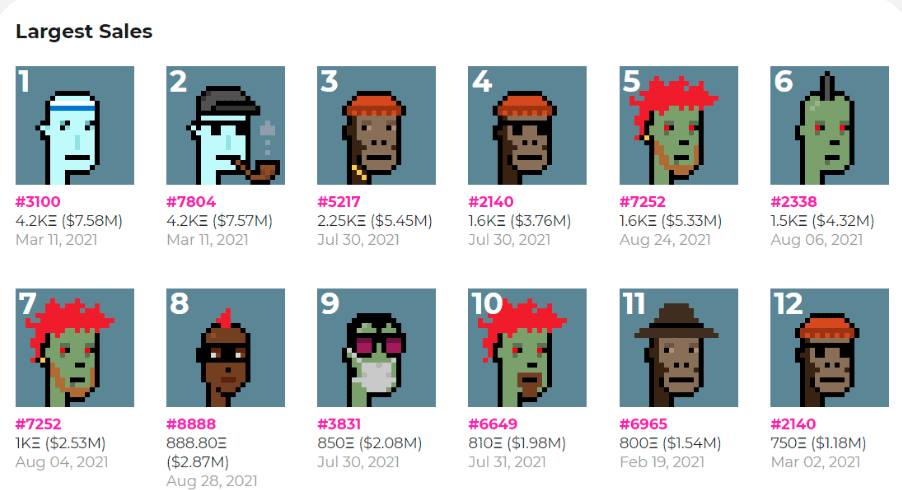The Hookup Dossier: Your Ultimate Guide to Modern Dating
Explore the ins and outs of dating, relationships, and modern romance.
Hiding in Plain Sight: The Surprising Truth About Anonymity in Crypto Platforms
Uncover the shocking reality of anonymity in crypto platforms. Are you really hidden, or is the truth lurking just beneath the surface?
The Illusion of Privacy: How Anonymity Works in Crypto Platforms
In the world of cryptocurrency, the illusion of privacy has become a significant topic of debate. Many users flock to crypto platforms with the belief that their transactions and identities are completely anonymous. However, while blockchain technology offers a certain level of pseudonymity, it is essential to understand how expertly crafted systems work behind the scenes to track and identify users. Unlike traditional banking systems, where personal information is heavily guarded, crypto transactions are recorded on a public ledger, allowing anyone to trace funds across various addresses. This creates a paradox where, although users think they are shielding their identity, they inadvertently leave a digital trail that can be analyzed by skilled investigators and analytical tools.
Furthermore, the anonymity provided by crypto platforms often depends on additional layers of privacy measures that users must actively implement. For instance, mixing services and privacy coins like Monero or Zcash are designed to obfuscate transaction details and enhance user privacy. However, even these solutions are not foolproof - sophisticated algorithms and blockchain forensics can still unearth patterns and associations over time. As users navigate through this complex landscape, it is crucial for them to practice caution and remain aware of the limitations of their privacy. Ultimately, while crypto platforms might provide a façade of anonymity, the reality is that complete privacy in the digital age remains an ongoing illusion.

Counter-Strike is a popular tactical first-person shooter game that has garnered a massive following since its release. Players can engage in intense team-based matches, showcasing their skills in strategy and teamwork. For those looking to enhance their gaming experience, be sure to check out the cryptocasino.com promo code for exciting offers.
Uncovering the Myths: Is True Anonymity Possible in Cryptocurrency?
In the world of cryptocurrency, the quest for true anonymity is often shrouded in misconceptions. Many users believe that digital currencies like Bitcoin guarantee complete anonymity, leading to the misconception that they can operate entirely without identification or repercussions. However, while cryptocurrencies offer a degree of privacy, particularly when compared to traditional banking systems, the reality is more nuanced. Transactions recorded on the blockchain are public and traceable, which means that without additional measures to obscure their identities, users can still be linked to their transactions.
To achieve a higher level of anonymity, one might turn to privacy-focused cryptocurrencies like Monero or Zcash. These currencies utilize advanced cryptographic techniques to obscure transactions and protect user identities. Still, even these solutions have their vulnerabilities, as law enforcement and cybersecurity experts continue to evolve their methods of tracing anonymous transactions. Ultimately, while it is possible to enhance privacy in the realm of cryptocurrency, claiming true anonymity is a myth; users must remain aware of the limitations and continue to educate themselves on the best practices for safeguarding their identities.
What You Need to Know About Anonymity Features on Popular Crypto Exchanges
In recent years, the popularity of cryptocurrencies has surged, leading to increased interest in the anonymity features offered by popular crypto exchanges. These features enable users to trade assets without revealing their personal identities, making privacy a top priority for many individuals. It’s important to note that while anonymity can provide a sense of security, it also attracts regulatory scrutiny. Most exchanges implement varying degrees of KYC (Know Your Customer) processes, which can limit the level of anonymity users can achieve. As a potential trader, understanding these options can help you navigate the world of cryptocurrencies more securely.
When considering the anonymity features of various exchanges, it’s essential to evaluate several key aspects:
- KYC Policies: Different exchanges have different requirements for identity verification, impacting your level of anonymity.
- Withdrawal Limits: Many platforms impose limits on withdrawals for unverified accounts, which might affect your trading strategy.
- Privacy Coins: Some exchanges allow trading with privacy-focused cryptocurrencies, which can enhance your anonymity.